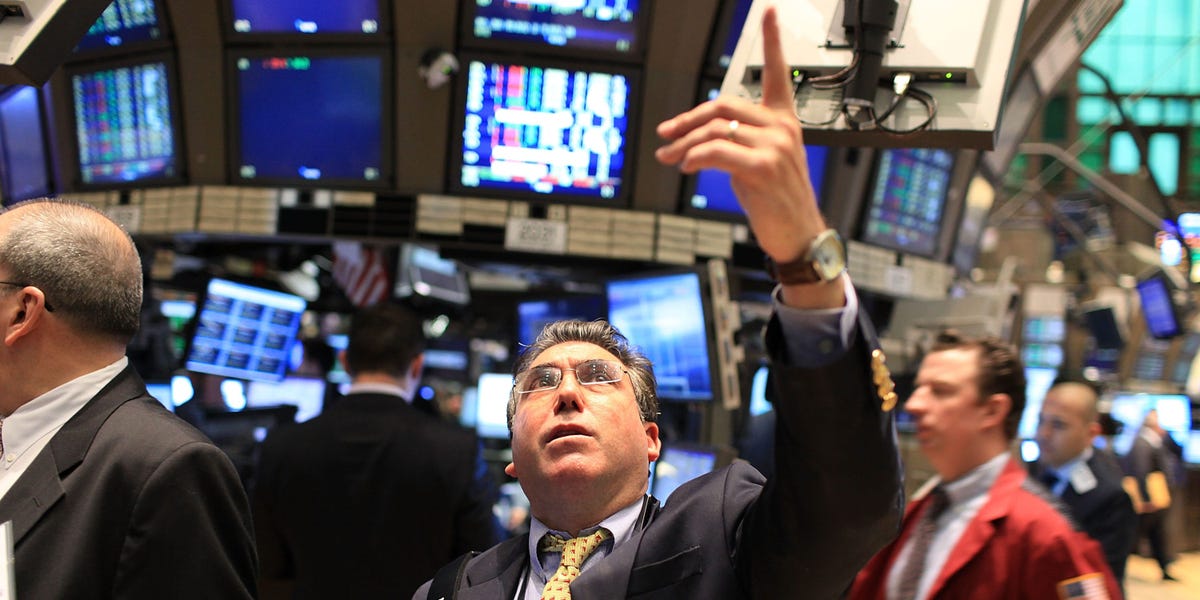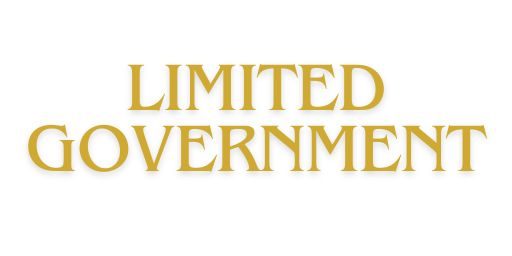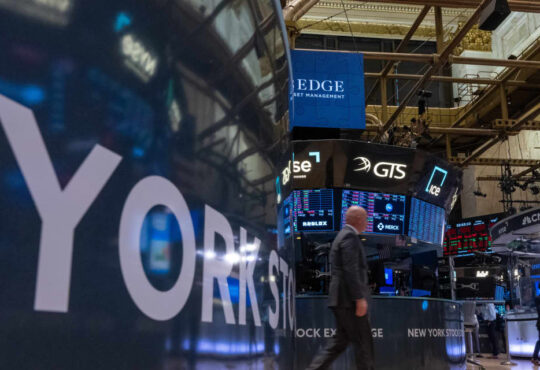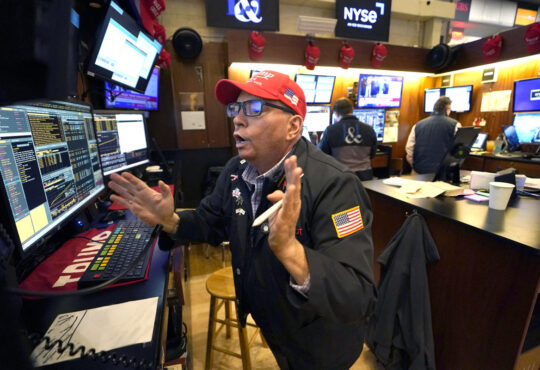
Stock Market Outlook: Bullish Signal Flash If S&P 500 Above 5,881 Today
- The S&P 500 must close above 5,881.63 on Wednesday to signal a bullish market for 2025.
- The ‘first 5 trading day rule’ suggests positive early stock returns lead to a strong year.
- Since 1950, an S&P 500 gain of 1% or more in the first five trading days has led to an average annual return of 16%.
The S&P 500 must close above 5,881.63 on Wednesday in order to flash a bullish signal that stocks can keep rallying for the rest of year.
Wall Street strategists at Fundstrat and Bank of America highlighted the “first 5 trading day rule” this week, with Wednesday representing the end of that trading window in 2025.
The rule highlights historical data showing that when the S&P 500 posts a positive return in the first five trading days of the year, the stock market more often than not posts a positive return and a stronger return for the rest of the year than if the market was down in that stretch.
“Using the price return for the first five sessions of January as a gauge for the rest of the year is another January Barometer,” Stephen Suttmeier, technical strategist at Bank of America, said in a note earlier this week.
Fundstrat’s Tom Lee crunched the numbers and found that since 1950, the S&P 500 has an 82% win ratio with an average return of 13% when the first five trading day rule flashes a bullish signal.
Alternatively, when the S&P 500 is down in the first five trading days of the year, the index posts an average return of just 3% for the full year, with a win ratio of just 54%.
The S&P 500 closed at 5,909 on its fourth trading day of the year, representing a year-to-date gain of about 0.5%. If the index can extend its year-to-date gain to more than 1% on Wednesday, the bullish signal would be even stronger, Lee said.
Since 1950, when the S&P 500 delivered a gain of more than 1% in the first five trading days of the year, it has finished the year up 83% of the time with an average return of 16%.
“It is a good omen if the S&P 500 closes >5,881.63 by Wed January 8th,” Lee said.
The first five trading days are often coupled with the “January barometer” rule, which follows the same pattern.
“As goes January, so goes the year,” BofA’s Suttmeier said. “The best scenario for the S&P 500 is when the returns for the first five sessions of the year and January are both up. This has happened 47 times going back to 1928.”
Suttmeier highlighted that of the 47 times, the S&P 500 has finished the year positive 83% of the time with an average return of about 15%.




